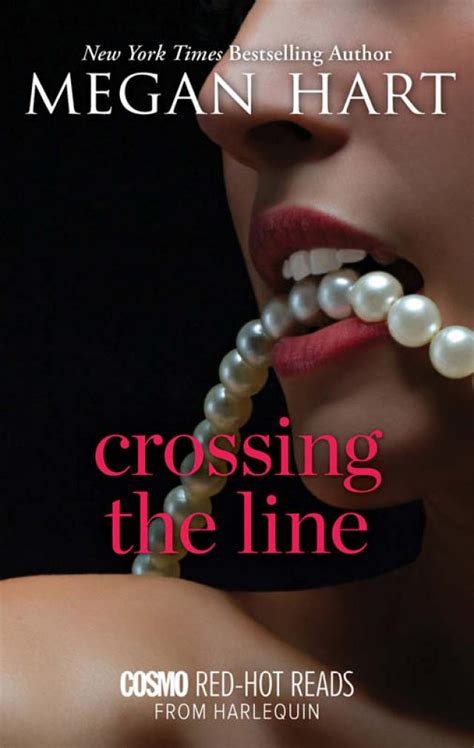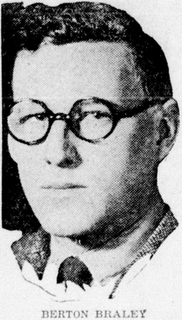A Quote by Steve Ballmer
I'm a shareholder in Microsoft Corp. of some size, and while I don't work for the place anymore, I think a lot about that investment, how - as an outsider - might I add value or not add value? Do I believe that things are headed in a good direction? So I wouldn't say I spend the majority of my time on that, but I spend some time on that as well.
Related Quotes
Intentional living is the bridge to significance. At the end of every year, I take time out to reflect and evaluate the events of the previous year - what went well and what needed improvement. From that inventory, I lay out my next year - how I intend to live, make the best use of time and maximize adding value to others. Success asks, 'How can I add value to myself?' Significance asks, 'How can I add value to others?' It is your intention that lends itself to significance.
The past doesn't change no matter how much time you spend thinking about it. Good and bad all add up to the whole. Take away one piece, no matter how small, and the whole changes. Whether it's optimism, pessimism or fatalism, I don't spend my time wishing for the past to be different so present would be different, too. I control my future with what I choose now.
In my opinion, you have to have a vision for how you add value to others through your product or service. Why do you exist? All of us need a reason to get out of bed in the morning and enthusiastically approach each day. Some people say money is their purpose - - my reaction is that, if money is your purpose, you risk running out steam well before you make a lot of money. Money is an outcome that comes as a result of adding value for a sustained period of time. I encourage people and companies to search for and articulate the vision for why they are doing what they're doing.
We are very hip on the fact that America's always No. 1. On this we are not, in terms of the number of women in our legislative branches and obviously as head of state. We need to push on that. I hate to say this: It isn't all men's fault. I think some of it is our own attitude and approach. Some of it very healthy, that women want to make choices about their lives and how they want to spend their time, and what they value.
Women spend 30 percent more time doing household chores. No surprise. But women also spend more time volunteering in their community. And if you add up all of the hours of non-leisure time, women are working more than men. So I thought that was very interesting, and I was surprised about the voluntarism piece, but when you think about it, it makes sense.
A great thinker once described innovative thinkers this way: "Some men see things as they are and say, 'Why?' I dream of things that never were and say, 'Why not?'" Innovative thinkers are constantly asking questions such as these. How can we improve recruiting, hiring and training. How can be add greater value to our products and services by making them even better? How can we do more to nourish the personal as well as professional development of our people? What more can we do as a good citizen where we do business?
I honestly believe that sound commercialism is the best test of true value in art. People work hard for their money and if they won't part with it for your product the chances are that your product hasn't sufficient value. An artist or writer hasn't any monopoly .... If the public response to his artistry is lacking, he'd do well to spend more time analyzing what's the matter with his work, and less time figuring what's the matter with the public.


































